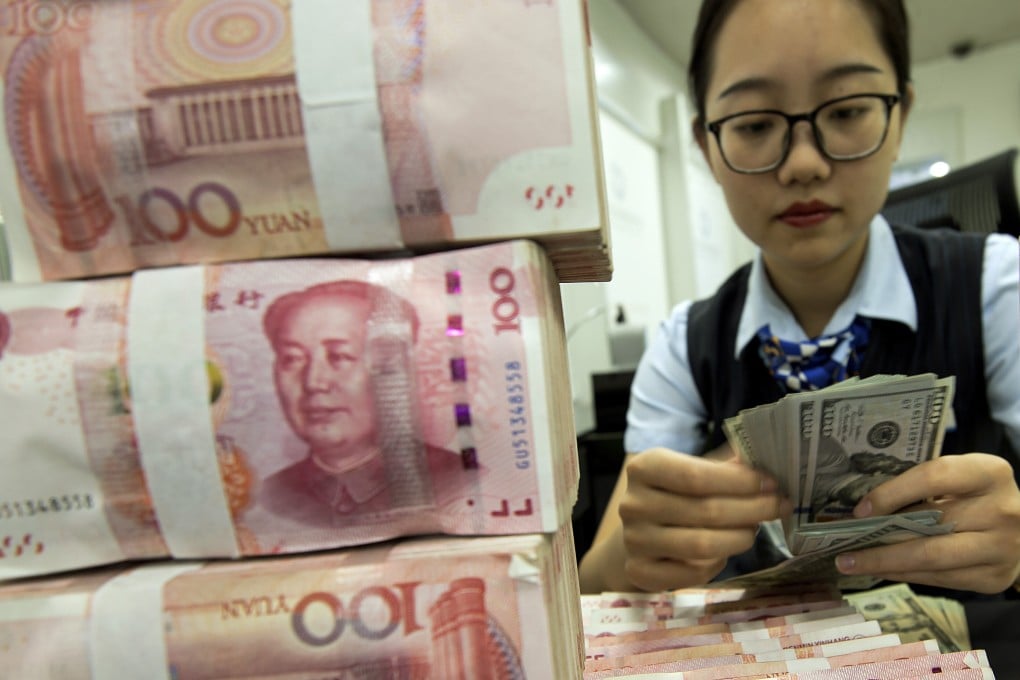China’s surging yuan allows Beijing greater financial flexibility, creating capital markets ‘too big to ignore’
- The CFETS RMB basket index, which measures the yuan’s value against a basket of foreign currencies, climbed to its highest level since March 2016 last week
- The strength is largely driven by China’s large current account surplus, which in turn has been boosted by strong export performance and rising trade surplus

A trade weighted index looking at the value of China’s yuan climbed to a five-year high last week, and analysts expect the currency to remain at elevated levels in the foreseeable future as the government allows greater flexibility and tries to remove distortions in the economy.
A simulated CFETS RMB basket index, which measures the yuan’s value against a number of foreign currencies, climbed to 98.70 on Friday, marking its highest level since March 2016, according to the China Foreign Exchange Trading System & National Interbank Funding Centre (CFETS), which is a sub-institution directly affiliated to the People’s Bank of China.
Beijing’s liberalisation policies have also accelerated capital inflows into its equity and bond markets, helping to support the yuan, according to Chen Dong, senior Asia Economist at Pictet Wealth Management.
What the government did was simply to make it easier for global investors to access its markets. That was an important move and so we saw a huge rise in portfolio inflows into China
“Chinese capital markets are simply too big to ignore,” said Chen. “What the government did was simply to make it easier for global investors to access its markets. That was an important move and so we saw a huge rise in portfolio inflows into China.”